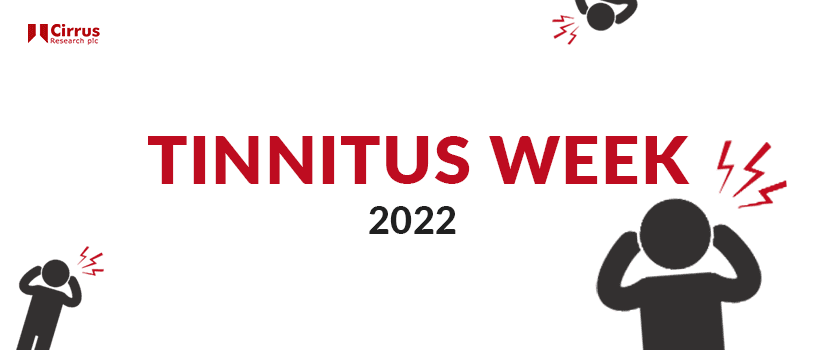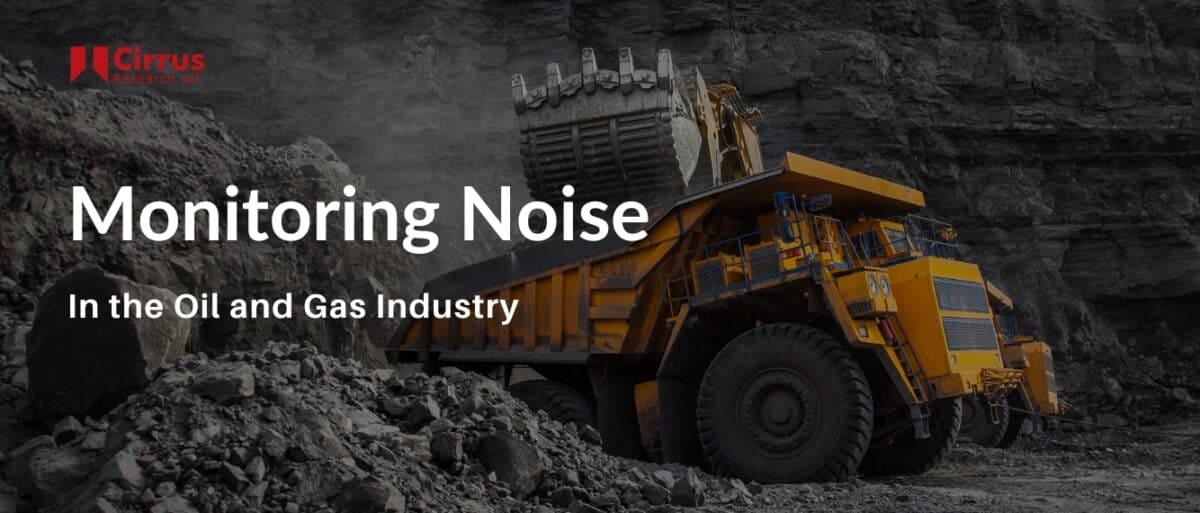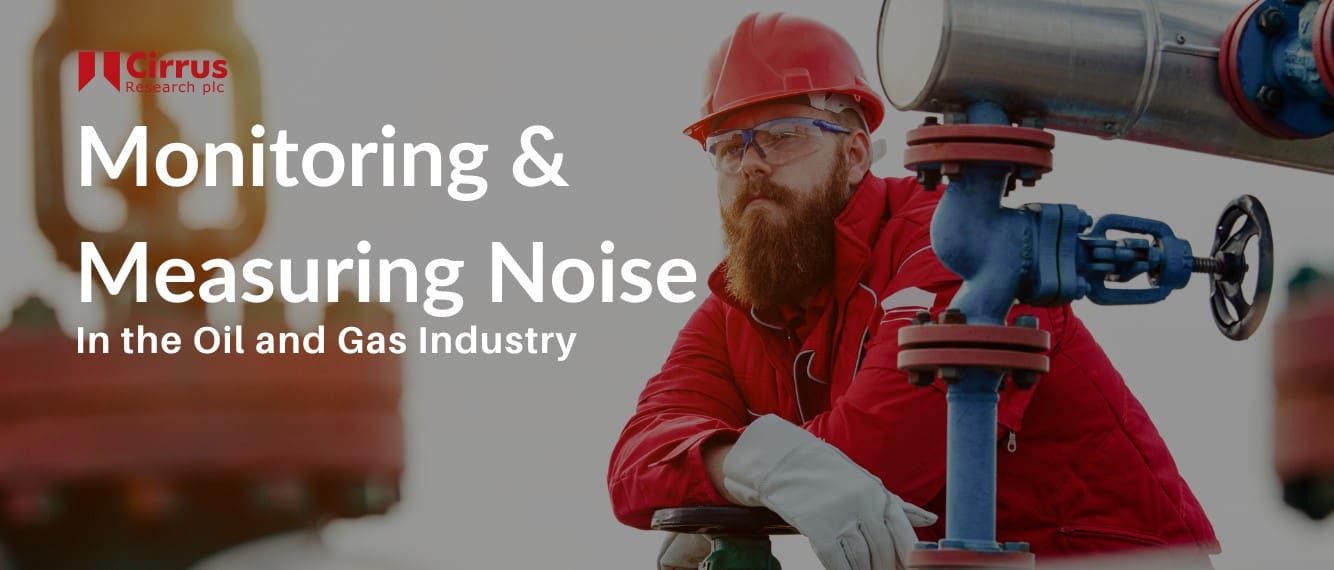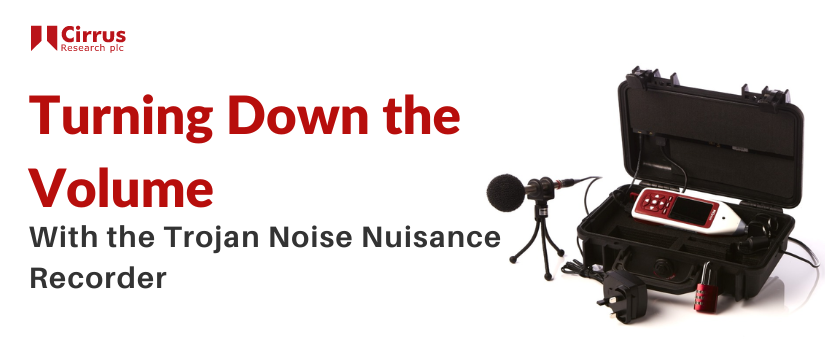Today marks the beginning of Tinnitus Week, and here at Cirrus Research we’re driven to develop innovative instruments that will ultimately help to save people’s hearing from being irreparably damaged.
What is Tinnitus and what causes it?
Tinnitus is the sensation of hearing a sound in the absence of any external noise, such as ringing, whooshing, humming and buzzing in the ear.
All noise is caused by vibrations in the air, which are picked up by tiny hairs in our ear canal and then travel to our inner ear. Basically, the louder the sound is, the larger the vibration.
We can conclude that a large vibration will cause damage to the more sensitive components of our ear, which is why loud noises can be uncomfortable and often painful.
Conditions such as tinnitus are often brought on by regular exposure to high noise levels and can be caused by something as mundane as listening to loud music through headphones. Musicians such as Chris Martin, Ozzy Osbourne, and Liam and Noel Gallagher are all reported to suffer from tinnitus after years of gigging and screaming fans.
In 2012, Coldplay frontman Chris Martin spoke to The Telegraph about protecting himself after hearing a buzzing or ringing sound for about 10 years:
“Looking after your ears is unfortunately something you don’t think about until there’s a problem. I wish I’d thought about it earlier.
“Now we always use moulded filter plugs, or in-ear monitors to try and protect our ears.”
Tinnitus and noise at work
It is easy to prevent tinnitus that is caused by loud music by keeping the volume of your music at a reasonably low level. However, noise can also affect us in the workplace.
Several recent studies have shown a strong link between exposure to excessive noise levels and poor mental health. It is estimated that roughly 10% of the UK suffer from work-related hearing problems (including tinnitus) which have been shown to lead to sleep deprivation, and feelings of isolation and loneliness.
Although every workplace is bound by the Control of Noise at Work Regulations 2005, varying industries such as construction, mining and entertainment are the most common places where noise can cause an impact on hearing.
Within these industries it wouldn’t be possible to remove the source of the damage, but there are steps that can be taken to protect hearing and prevent tinnitus, such as the introduction of effective personal protection equipment (PPE).
Noise at work? We’ve got you covered!
Our sound level meters can help employers identify areas within the workplace that pose potential risks to people’s hearing. This then helps them to implement noise control and reduction schemes. Noise dosimeters, like our doseBadge5, allow employers to choose the most appropriate hearing protection for their workforce, through the analysis of octave band data.
We’re here to help you every step of the way, from choosing the right sound level meter to providing ongoing training and support.



